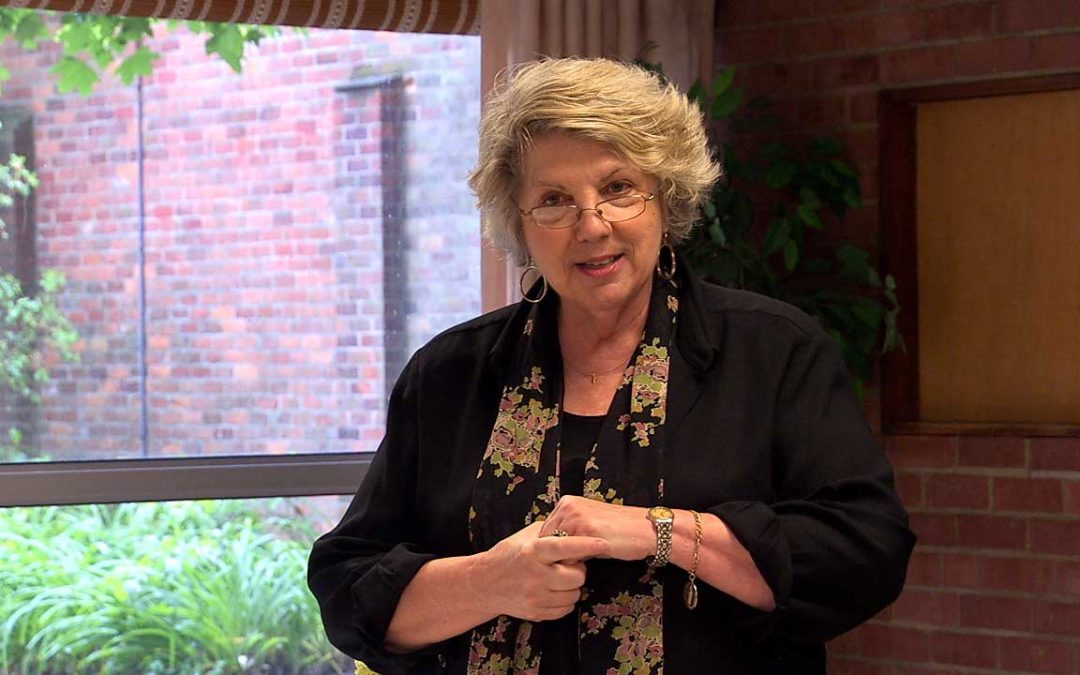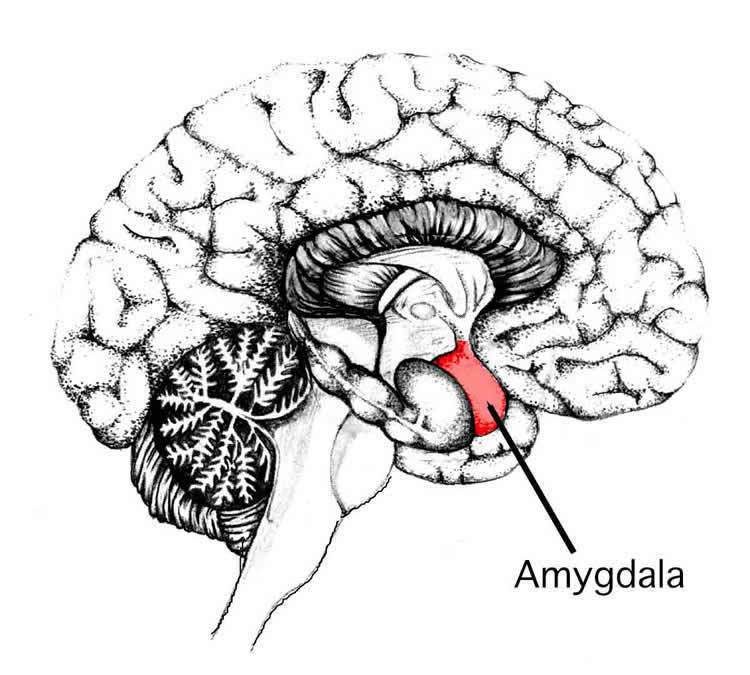
Marsha Linehan talks about DBT
A question often asked about Borderline Personality Disorder is, “What is that?”
Here’s a clip of Marsha Linehan briefly describing BPD…

A question often asked about Borderline Personality Disorder is, “What is that?”
Here’s a clip of Marsha Linehan briefly describing BPD…

Two authors propose that Borderline Personality Disorder and Post-Traumatic Stress Disorder may, in fact, be one and the same thing. They argue this might also permit the controversial term Borderline Personality to be dropped from the diagnosis.


10 years ago, professional American football player Brandon Marshall was at the top of his game. But there was a problem, a big problem. Many of the attitudes, beliefs and behaviors that made him a success on the NFL battlefield were making his life off the field miserable and destructive.

Borderline Personality Disorder (BPD) is one of the least understood of all mental health disorders. It is also one of the most stigmatized, once being referred to as “the leprosy of mental illness.” Why is that? And what actually is stigma?

In the past 30 years, several treatments have helped people with BPD “turn the corner” so to speak by reducing the impact of the disorder to a meaningful degree. But where do they hope to find themselves? Cured? Recovered? In remission?. And what do those words mean? Unfortunately, there doesn’t seem to be a definitive answer.

It’s been well accepted that mindful breathing can bring about a more relaxed state of mind, allowing a person to think a bit more before acting in an impulsive manner to something that provoked an emotional response…

Marsha Linehan, the developer of Dialectical Behavior Theory for the treatment of Borderline Personality Disorder uses a simple phrase to describe the goal of her therapy: to help people create a life worth living.
How does that work?

In a sobering essay in a recent New York Times, staff writer David Brooks lays out a strategy for helping prevent the ever-increasing number of suicides in the United States.

In addition to psychotherapy, medication and hospitalization another effective tool in the treatment of serious mental illness is peer support.